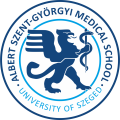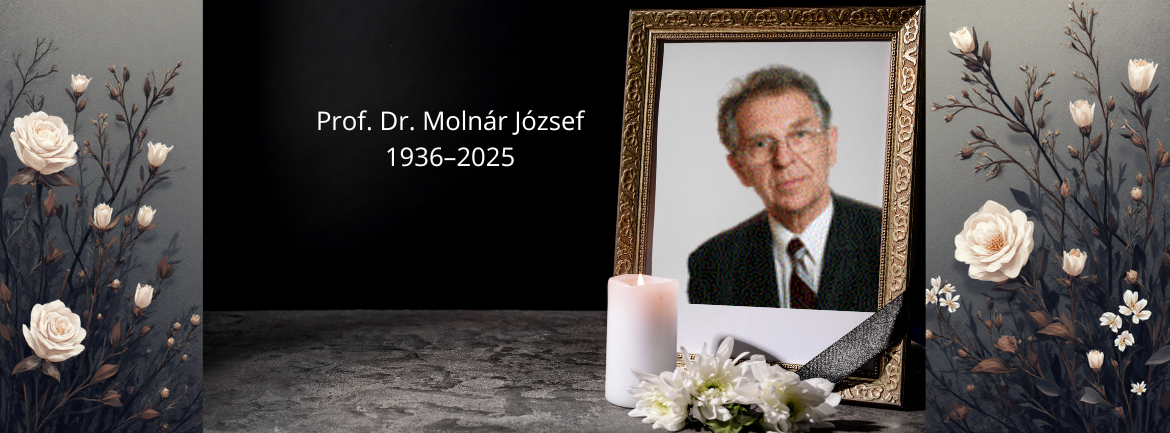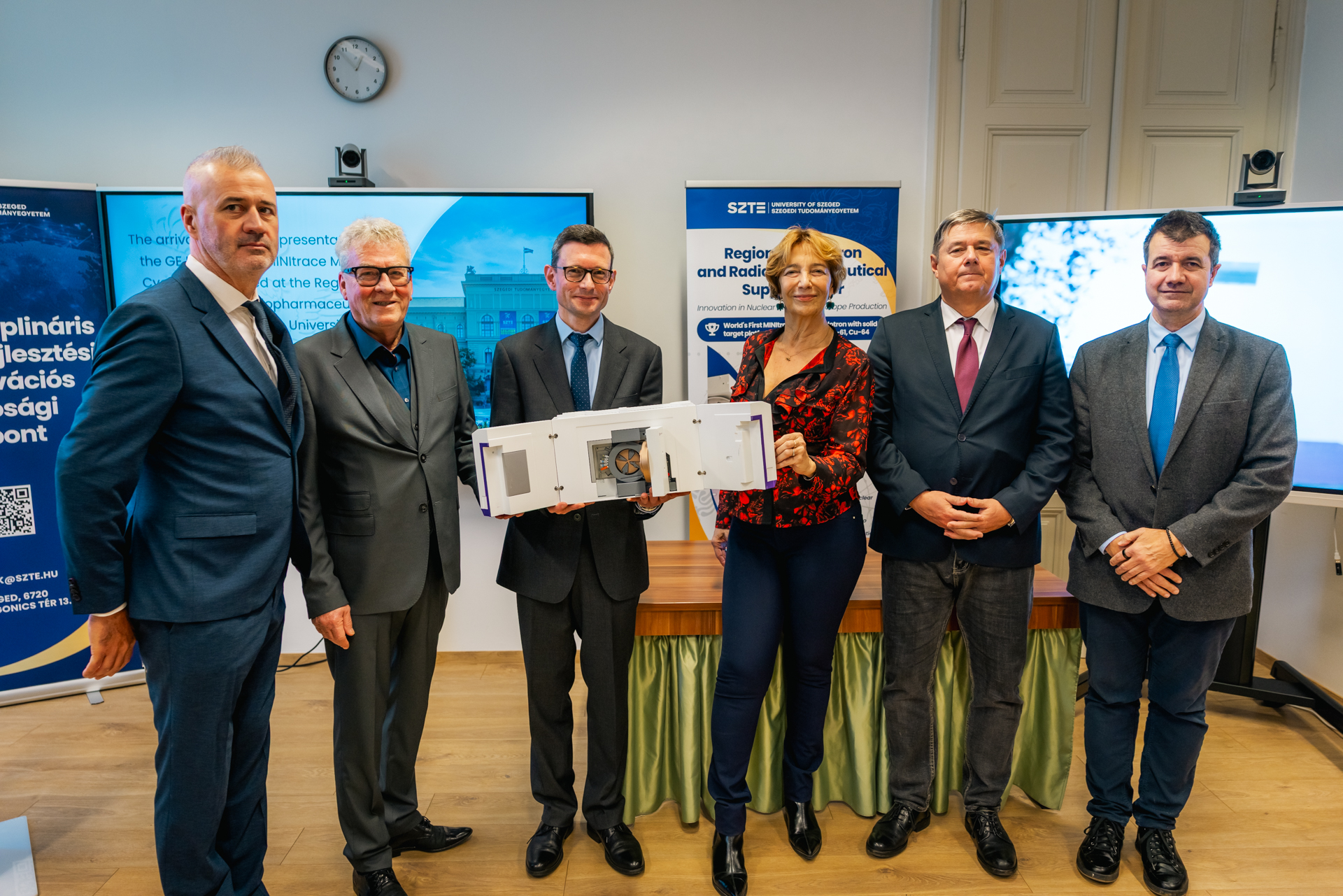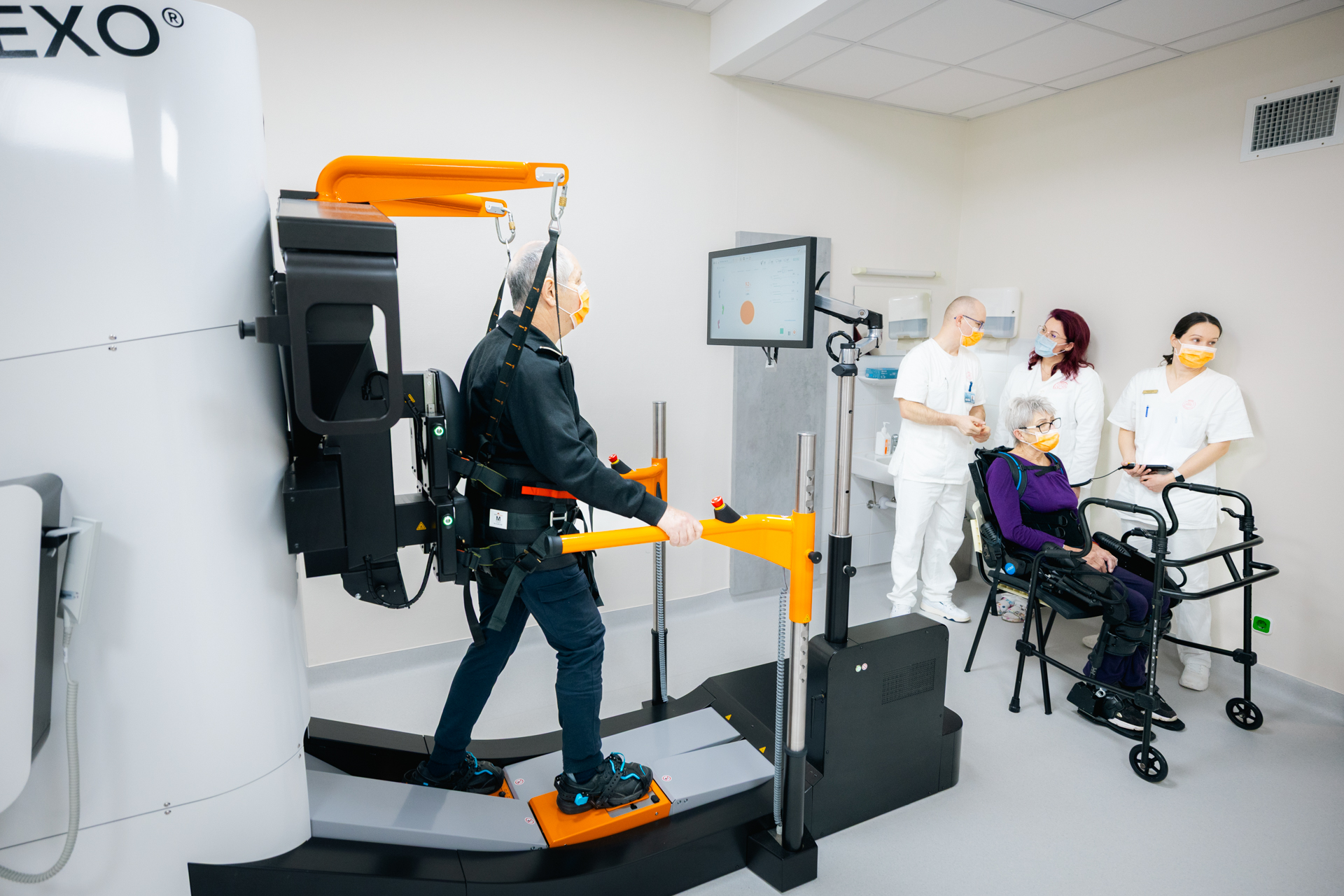University of Szeged
Albert Szent-Györgyi Medical School
Foreign Students' Secretariat
Your Education. Our Mission.

Pannónia Scholarship Program
Calls for application of the Pannonia Scholarship Program have been announced for long- and short-term student mobilities.
Calls for application of the Pannonia Scholarship Program have been announced for long- and short-term student mobilities: http://www2.u-szeged.hu/kulugy/pannonia.html
You have to submit your application at medical faculty level to Ms. Eszter Sasi-Pokriva, International relations and administrative Erasmus coordinator at the Dean's Office by e-mail: sasi-pokriva.eszter@med.u-szeged.hu
The deadline of application for long-term student mobilities for studies for the academic year 2024/2025 is 12:00 a.m., 26th of April 2024 (There will be an additional application period in September 2024 for the spring semester.)
For student traineeships and short-term mobilities, the application is continuous.
Contact person:
Eszter Sasi-Pokriva, International relations and administrative Erasmus coordinator, Dean's Office (Szőkefalvi-Nagy Béla u. 6. Erasmus Office)
E-mail: sasi-pokriva.eszter@med.u-szeged.hu
Tel.: +36 62 342-359, Mobile: +36 20 319 7119






